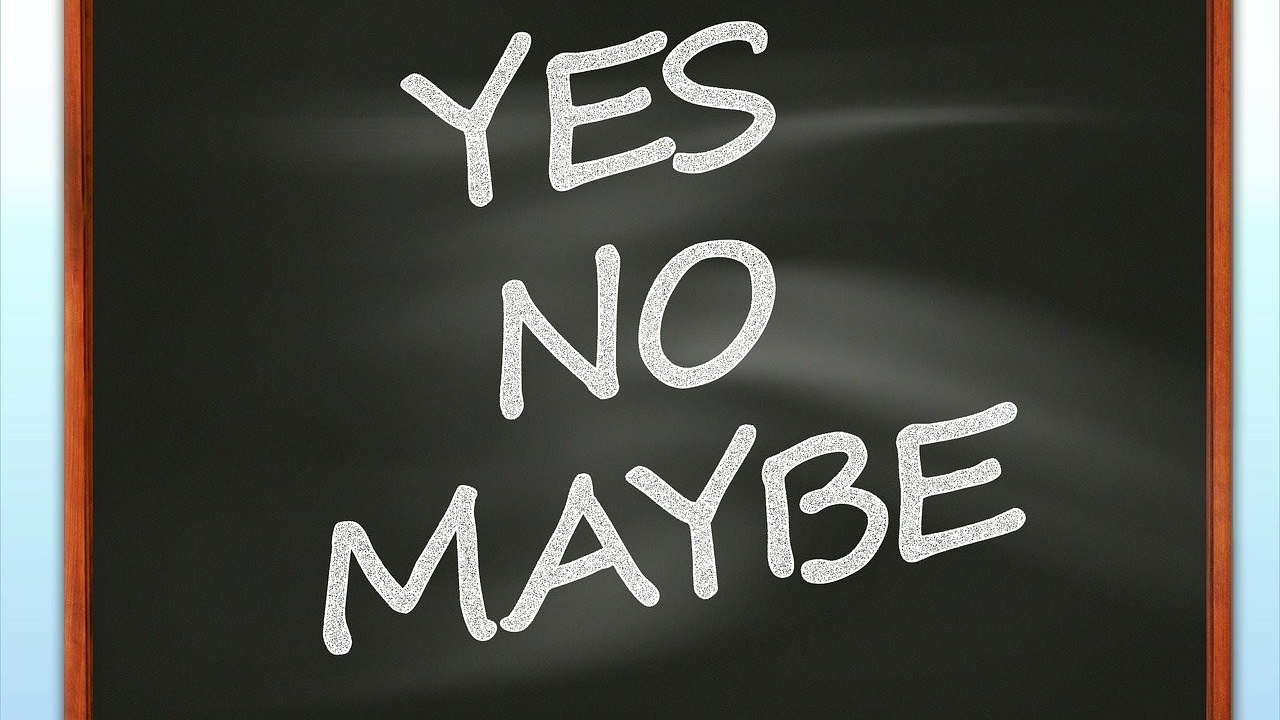The Three Aspects Of Differentiation Of Self: Part One
Sep 11, 2019
This is the first post in a three-part series on differentiation of self. You may have noticed that I write and speak about differentiation often. That’s I believe differentiation is the bedrock of any healthy relationship, as well as a fundamental cornerstone of happiness in general.
As a therapist, fully understanding the various aspects of differentiation helps me figure out where to focus my helping efforts. It gives me a construct and language to share with my clients that helps them understand where they are encountering problems and which skills will get them un-stuck. Collaborating with clients to identify which aspects of differentiation come more easily for them, and which need strengthening, is an extremely useful strategy for identifying meaningful goals. For me personally, strengthening differentiation of self is an ongoing and lifelong endeavor. Developing differentiation of self has positively affected how I show up in all types of relationships, including my relationship with my self.
Because differentiation of self is so important, I’m doing a deep dive discussing its three aspects, each in turn. I’ll go into detail about what each part is, what it requires, and how you can work on realizing that aspect more fully in your self and in your relationships. Most of us find some aspects of differentiation to be more challenging than others. By giving some attention to the aspects that are underdeveloped, I hope you and your clients can reap significant benefits.
The first aspect of differentiation of self is the ability to look inside yourself and identify what you feel, think, believe, and prefer, separate from what anyone else might think, prefer, or want from you. That may sound simple, but it is not easy for everyone, and under some circumstances anyone may find it very challenging.
The first aspect of differentiation is foundational. If this part is under-developed, it will need to be developed before you can work on the other two aspects, because you can’t share your beliefs, feelings, and preferences with someone else if you don’t know what you think in the first place.
Some people find it extremely easy to identify and assert their own ideas. Others have a tendency to wait and find out what other people think first. That can happen even within the space of your own mind and emotions. It’s completely possible to censor your own thoughts based on what you believe the people around you will accept.
Do you often find yourself limiting your own thinking by telling yourself things like, “It’s not ok to think that,” “That isn’t right,” “So-and-so wouldn’t like that,” “I’m so stupid,” or “There must be something wrong with me because I feel that way?” Do you “shush” or edit your inner sense of knowing?
Challenges with the first aspect of differentiation can show up in many ways. Here are a few examples:
- Difficulty identifying individual unique thoughts separate from the thoughts or opinions of others who are important, or the belief systems of important others
- Difficulty identifying individual feelings separate from the feelings of others, and/or difficulty resisting “catching” or adopting the emotions of others, for any reason
- Difficulty identifying preferences or desires (think: where do you want to go for dinner?)
- Believing you have no thoughts, feelings, or desires
- Having difficulty thinking about disagreeing with people, organizations, or belief systems
- Judging oneself for having thoughts, feelings, or preferences
If you don’t have much practice recognizing your own feelings, beliefs, and preferences, it will take some work. The good news is that the payoff is huge, and it mostly just takes practice. Here are a few tips for how to start:
- Check in with yourself. Check in with yourself frequently. Ask yourself:
- What does my body feel like?
- What do my emotions feel like?
- What do I think right now?
- What is my opinion about that?
- Is there a belief or value that is coming up?
- What would I like to do right now, separate from anyone else’s wishes?
- Make it routine. Before doing anything else in the morning, when you first awaken, ask yourself what you would enjoy today. What sounds like fun? What will give you the most enjoyment today? Just asking the question is a great start, but you might also experiment with acting on it. I’m sure you can find 15 or 30 minutes to include in your day something that you do just because you want to.
- Play a game with yourself. When you are in a group of people who are discussing something, ask yourself internally, and privately, what you actually think about the topic at hand. If you don’t know what you think, consider asking a question that will help you get enough information to form an opinion. You need not share your opinion, just play a game with yourself of exploring what you think.






